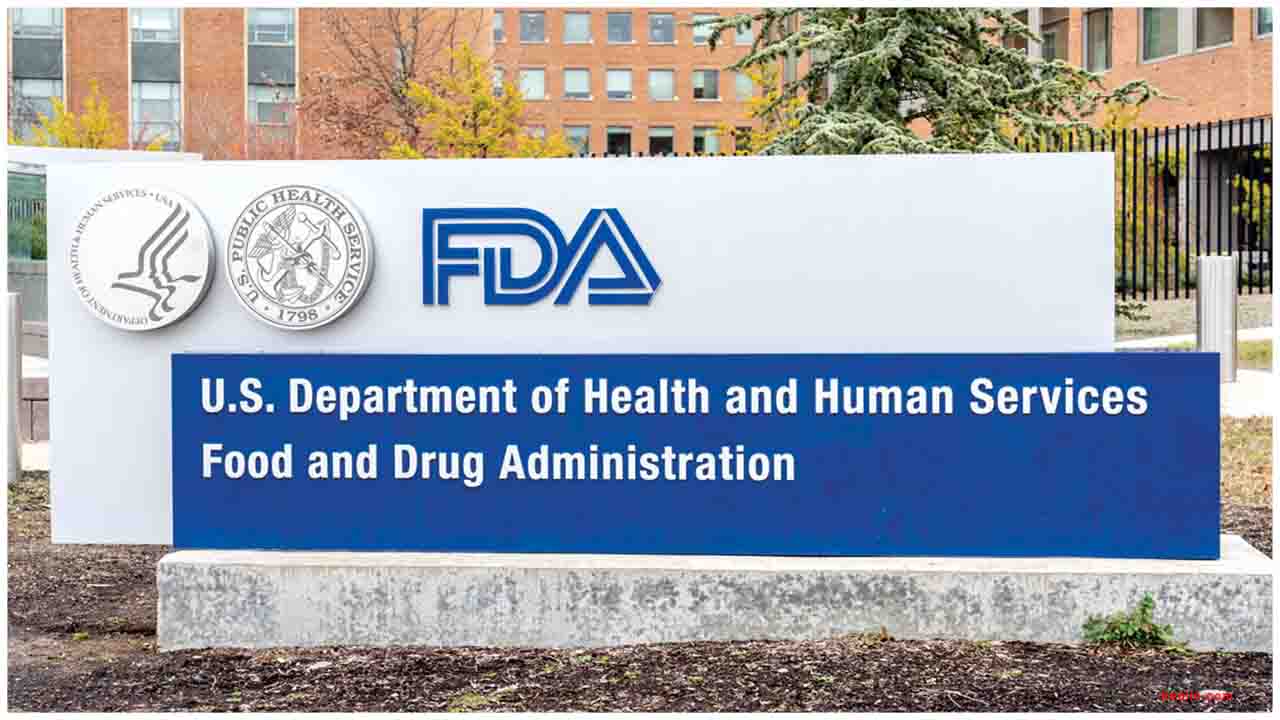Genocea Biosciences, Inc. a biopharmaceutical company developing next-generation neoantigen immunotherapies, today announced that the U.S. Food and Drug Administration (FDA) has accepted the company’s Investigational New Drug (IND) Application for GEN-011, an adoptive T cell therapy targeting neoantigens and designed to improve upon the limitations of TIL and TCR therapies. The IND allows Genocea to initiate a Phase 1/2a clinical study of GEN-011 in patients who have failed standard-of-care checkpoint inhibitor therapy. The trial will evaluate the safety, T cell proliferation and persistence as well as clinical activity.
“GEN-011 builds on the power of our ATLAS platform, as demonstrated in our GEN-009 clinical trial, to identify the relevant neoantigens which drive robust anti-tumour T cell responses in patients, regardless of HLA type,” said Chip Clark, President and Chief Executive Officer of Genocea. “Using a patient’s peripheral T cells, already programmed to kill cancer cells with relevant neoantigens, enables this non-engineered therapy to rapidly scale. We, therefore, believe GEN-011 may eventually offer efficacy, accessibility and cost advantages to patients and providers.”
Genocea plans to enrol up to 24 patients across several tumour types in the Phase 1/2 trial. In one cohort, patients will receive multiple low doses of GEN-011 with low-dose IL-2 and without lymphodepletion. In the other cohort, patients will receive a single GEN-011 dose after lymphodepletion and a high dose of IL-2.
Genocea’s mission is to conquer cancer by developing personalized cancer immunotherapies in multiple tumour types. Our unique ATLAS platform comprehensively profiles each patient’s T cell responses to potential targets, or antigens, on the tumour. ATLAS enables to optimize the neoantigens for inclusion in our immunotherapies and exclude inhibitory antigens that can exert an immunosuppressive effect.

 Investigational drug status for Genocea T cell therapy drug
Investigational drug status for Genocea T cell therapy drug












.jpeg)







.jpeg)





.jpg)


.jpg)



